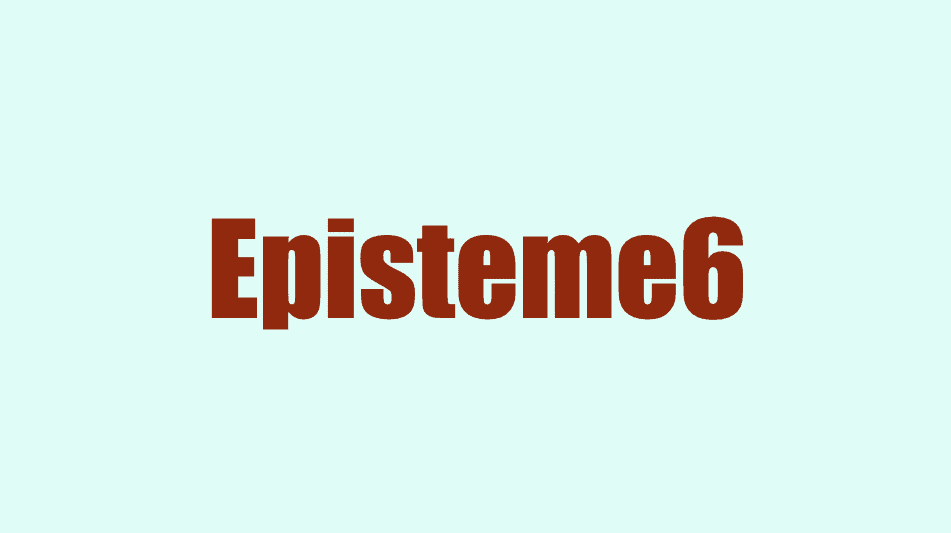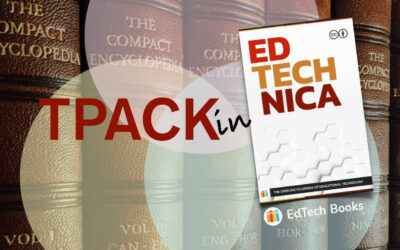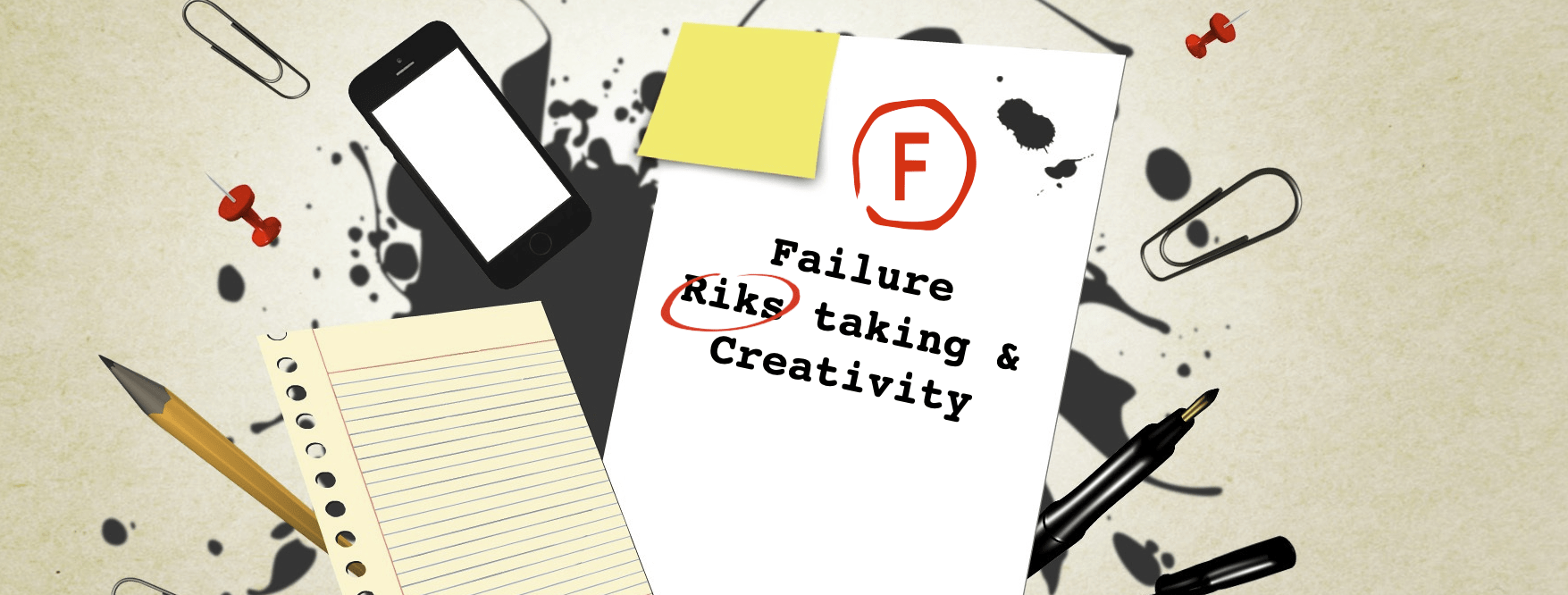I have written previously about the MSUrbanSTEM project and what it has meant to me. Over the past couple of years we have also published about this line of work (most prominently in a special issue of The Journal of Computers in Mathematics and Science Teaching). Another book chapter (this one focusing on creativity in urban educational contexts) was recently published. Citation, link to article and abstract below.
Horton A., Henriksen D., Mishra P., Seals C., Shack K., Marcotte C. (2019), Creativity and the Urban Teacher: A STEM-Related Professional Development Program. In: Mullen C. (eds) Creativity Under Duress in Education? Creativity Theory and Action in Education, vol 3. Springer DOI: https://doi.org/10.1007/978-3-319-90272-2_16
Abstract: We examine the urban context of learning for the fellows in a partnership between Michigan State University (MSU) and Wipro Limited, a leading global information technology, consulting and business services company, which resulted in the Wipro Urban STEM Fellowship Program at Michigan State University (MSUrbanSTEM) program. This grant-funded fellowship provided full tuition scholarships and stipends for 124 highly motivated teachers in Chicago Public Schools (CPS) who demonstrated a passion for teaching STEM. The fellows were divided up into three cohorts. Each cohort participated in an innovative yearlong integrated learning experience to build STEM teachers’ capacity to lead and inspire transformative, innovative practices in urban K-12 schools. In this chapter, the fellows’ instructors explore how to support these teacher participants in their efforts to foster creativity in an era of intensified authority, control, and resistance. By engaging in creative pedagogies explicitly connected to disciplinary knowledge, the program aims to disrupt traditional ideologies around teaching. The mission of the MSUrbanSTEM program is to empower K-12 math and science teachers in CPS to create transformative, innovative, and multimodal instructional experiences through project-based and experiential learning experiences. Each educator participant was encouraged to engage in inquiry around how the ideas of wonder, improvisation, invention, and reflection connected with his or her subject-matter expertise. As reported by way of this case example of teacher creativity, these strategies supported the activities the teachers engaged in throughout the year. The fellowship itself provided a foundation for fellows to develop projects for reshaping aspects of their teaching practice.
Photo & image design by @punyamishra





0 Comments